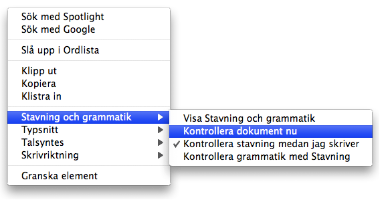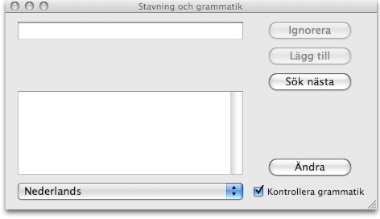I've started using REALbasic for a project at work for a while now. It's a legacy product and someone somewhere decided to go with REALBasic and when you pick REALBasic you also pick the IDE from REAL Software whether you like it or not.
After using it for a couple of days I can honestly say that it's not as bad as I thought but it's not a pleasant experience.
First off, I must say I applaud the effort of trying to create a development environment that let's you create apps for both Mac OS X, Windows and Linux in a graphical IDE. But there are some serious issues with it that I think people need to know about before getting started.
My biggest grievance is that there is no proper refactoring tool, if you are used to working in Eclipse or Visual Studio it's back to search and replace. This is not a problem for small project but it quickly becomes a big problem when you realise that you forgot to rename the main window and have tons of references to "Window1".
The second biggest problem is that it enforced bad architecture in the same way that Visual Basic does. It's easy to be tempted to duplicate the event handling code under every control.
Third, If you like Basic syntax it's great. Unfortunately I don't. Stuff like using the equal sign for equality and assignment is just error prone.
Forth, you need to buy the professional edition to get access to container controls. Without them creating dynamic user interfaces is really really really tedious and cumbersome. You also need to resort to showing stuff in message boxes for quick debugging. Only in the professional edition do you get access to writing to the console.
Fifth, Why can't I just browse the source code? Why am I restricted to viewing it a piece at a time through clicking on events in the editor?
I'll post more on this as I progress...


